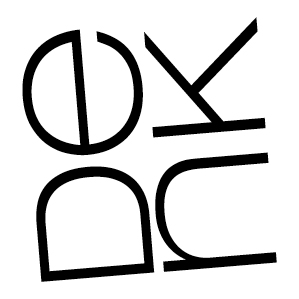Ein Unternehmen aus dem Gesundheitssektor möchte neue Managementformen testen
Eine Krankenkasse mit 11.000 Mitarbeitern experimentiert mit neuen Managementformen. Um Kulturveränderungen nachzuhalten waren in diesem Unternehmen Management-Formate gefragt. Im Denkwerkstatt MutKoffer sind Formate enthalten, die individualisiert angewendet werden können.
Das Unternehmen durchlief ein zweijähriges Culture Change Programm. Das Unternehmen hatte beschlossen, die Managementebene unterhalb des Vorstandes mehr in die Entscheidungen einzubeziehen. Es wurden Ausschüsse gebildet, in denen Manager der Zentrale und der 10 Niederlassungen wichtige Entscheidungen zu Strategie, Markt, Digitalisierung, u.v.m. treffen.
Manager des Unternehmens trafen sich 2 x im Jahr mit dem Vorstand, um den Fortschritt dieser Demokratisierung des Managements zu reflektieren und weiterzuentwickeln.
In unserer Toolbox gibt es für große Gruppen das Konzept `Open Space´ von Harrison Owen. Es wurde schnell klar, dass dieses Modell die passende Form für Top Management neue Top Management-Workshops sind:
Die Open Space Methode, entwickelt von Harrison Owen, ist eine dynamische und flexible Moderationsmethode, die Selbstorganisation und partizipative Entscheidungsfindung in Gruppen fördert. Sie ist besonders geeignet für komplexe Themen und heterogene Teilnehmergruppen. Der Ablauf beginnt mit einer Einleitung, bei der das zentrale Thema vorgestellt wird. Die Teilnehmer haben dann die Möglichkeit, eigene Diskussionspunkte vorzuschlagen und an eine Pinnwand zu heften, wodurch die Agenda des Workshops entsteht.
Die Kernelemente der Durchführung umfassen:
- Eröffnungskreis: Alle Teilnehmer versammeln sich und das Thema wird vorgestellt.
- Themenmarkt: Teilnehmer schlagen Themen vor und erstellen daraus die Agenda.
- Zeit- und Raumplan: Diskussionsrunden werden zeitlich und räumlich organisiert.
- Selbstorganisation: Teilnehmer wählen frei, an welchen Diskussionen sie teilnehmen möchten, und wechseln flexibel zwischen den Runden.
- Gesetz der zwei Füße: Teilnehmer sollen dort bleiben, wo sie am meisten beitragen oder lernen können.
- Dokumentation: Ergebnisse werden dokumentiert und am Ende allen zugänglich gemacht.
Diese Methode förderte den kreativen Austausch, Eigenverantwortung für Themen zu übernehmen und führt zu Lösungen für komplexe Probleme, indem sie Raum für selbstgesteuerte, spontane und intensive Diskussionen schafft.
Für die Krankenkasse wurden im Zeitraum von 2 Jahren in einem Kulturprojekt 3 Open-Space-Sessions von jeweils 1,5 Tagen durchgeführt. Die Teilnehmer waren zu Beginn irritiert, da es keine Agenda gab, nehmen jedoch die Methode rasch an.
